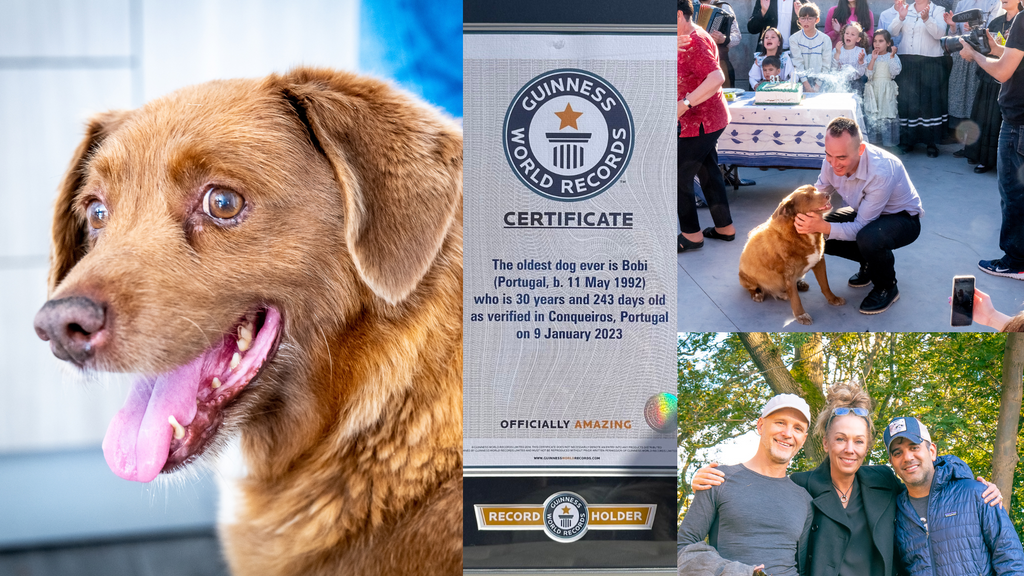
Unearthing the truth behind your dog’s dirt eating.
A comprehensive 6-step guide with
natural, drug-free solutions.
Index:
As a dedicated pet parent, seeing your dog eating dirt from your yard or digging up and licking dirt in the forest can be perplexing. It’s natural to wonder why your dog is eating dirt.
In some cases, this might just be healthy, and harmless behavior because dogs are much more intuitive when it comes to what their body needs. However, in some cases, soil eating could also signal an underlying issue.
Understanding how to identify a problem from normal behaviour is essential to ensuring your dog’s optimal health. Here, are 6 simple steps to help you determine what is going on with your dirt-eating dog.
Step 1 – Check for Missing Minerals and Toxins
Some dogs instinctively eat dirt to compensate for missing minerals or to neutralize toxins in their bodies. Unfortunately, due to intensive agriculture, soil depletion, and the variable quality of commercial pet food, mineral deficiencies, and toxicity are more common than one might think.
HairQ testing, or Hair Tissue Mineral Analysis (HTMA), can help shed light on potential deficiencies. In addition, we can gain insights into their nutritional history by assessing the mineral content in your dog’s hair.
Step 2 – Detox the System, Provide Minerals
While awaiting the hair test results, consider starting your dog on an herbal liver detox and a plant-based mineral supplement. If the dirt-eating stops, toxicity and mineral deficiency are likely the root causes. However, if the habit persists, there’s more to explore.
Step 3 – Rule out Indigestion
Dirt eating might also indicate indigestion. Commercially processed dog food is often far from what nature intended, and its nutritional value can also degrade over time. Switching your dog to a natural raw or cooked diet might alleviate indigestion and curb the dirt-eating habit. Here is a FREE video course on how to feed a raw or cooked diet and a handy Recipe Maker tool to help you easily create healthy balanced meals for your pup.
In the spring of 2023, I met Bobi, the oldest dog in the world, confirmed to be 31 years old by the Guinness Book of Records. He has only been given wholesome, non-processed food.
Step 4 – Correct Vitamin Deficiencies.
Low levels of B complex, and Vitamin B12, could also be behind your dog’s dirt-eating. Fermented vitamins are the best way to correct such deficiencies. Learn more about Certified Organic Vitamins for Dogs.
Step 5 – Add High Potency Probiotics
Your dog might instinctively consume soil to supplement a deficiency in their gut microbiome. Soil is a rich source of diverse microbes that can support digestion, immune function, and mood.
You can help balance your dog’s microbiome and promote a healthier gut by adding fermented probiotics to their routine.
Step 6 – If your dog’s dirt-eating habit continues
If eating dirt continues despite implementing the above-mentioned steps then it’s wise to have more comprehensive blood work done along with further evaluation. This can help identify any underlying conditions such as hypothyroidism, pancreatitis, Addison’s disease, Cushing’s disease, and other health conditions.
Excessive and frequent dirt eating in dogs may also be a sign of boredom and obsessive behaviour. Ensure your dog has plenty of mental and physical stimulation and that you offer them the right raw bones to chew on.
Dogs need regular walks, ideally at least twice daily, playtime, and social interactions with other dogs.
To summarize, the frequency and volume of dirt eating behaviour is essential to determining whether or not it is abnormal. It’s okay if your dog occasionally tastes a bit of soil, especially from a healthy garden or forest. However, if they’re eating dirt regularly or in large amounts, it might indicate a problem, and contacting your veterinarian is a wise choice.
Here’s everything you’ll need:
The HairQ Test
Minerals
Detox
Vitamins
Probiotics
